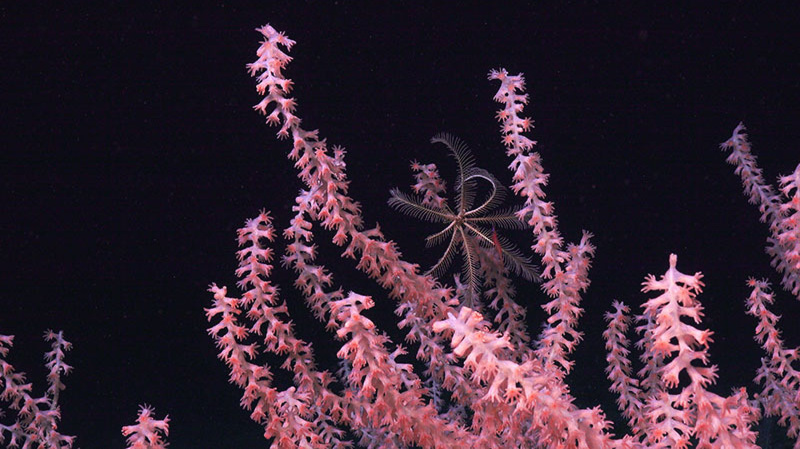
Press comment: Sweeping wave of new nations back a ‘precautionary pause’ on deep-sea mining
The Environmental Justice Foundation (EJF) welcomes a new wave of commitments to a precautionary pause on deep-sea mining at the International Seabed Authority meeting in Kingston, Jamaica. After Malta’s commitment to a pause on Monday, Tuvalu, Honduras and Guatemala made statements explicitly supporting one yesterday, and they are joined today by Austria. In doing so, they add to the growing group of countries opposed to this destructive, unnecessary industry, says EJF. With today's announcement, these governments are making it clear that they are taking the urgent warnings from the scientific community seriously.
Several of the calls for a ‘precautionary pause’ on deep-sea mining in international waters specifically note that no mining of minerals should take place on the seabed until there is sufficient scientific understanding of its impact, and until it can be guaranteed that the marine environment will not be harmed by deep-sea mining.
Steve Trent, CEO and Founder of the Environmental Justice Foundation, said: “The deep sea is central to the health of our ocean and therefore to all life on Earth. By calling for a precautionary pause, these nations are sending a clear signal backing our shared natural world over the profit of a handful of people. We welcome them standing against the rushed introduction of a devastating industry and call on other countries to follow suit.“
“No country needs minerals from the deep sea to achieve their climate targets. A circular economy is a safe alternative, and the only way to achieve true sustainability. As recent scientific discoveries of the oxygen-producing power of deep-sea metal nodules show, there is so much we still need to learn about the deep ocean before we even consider mining it. We can, and must, prevent this ecological catastrophe before it starts.“
ENDS
Notes to editors
The exact commitments made vary, but they are all grounded in a precautionary approach. Guatemala called for DSM to not commence until regulations for mining are agreed while Tuvalu called for it not to start until it can be demonstrated there is no risk of harm to the ocean.
More and more countries have recognised the imminent danger and want to pause the introduction of deep-sea mining. The European Parliament, the European Commission, the United Nations High Commissioner for Human Rights, scientists, financial institutions, indigenous communities, environmental organisations and companies such as BMW, VW, Samsung and Google are also all calling for a halt to deep-sea mining.
A recent EJF report shows that advanced battery technologies for electric vehicles, combined with increased investment in circular economy strategies, improved recycling rates and a reduction in demand, can bring about the clean energy upgrade and achieve the goals of the Paris Climate Agreement without irreversibly destroying deep-sea ecosystems.
EJF works internationally to inform policy and drive systemic, durable reforms to protect our environment and defend human rights. We investigate and expose abuses and support environmental defenders, Indigenous peoples, communities, and independent journalists on the frontlines of environmental injustice. Our campaigns aim to secure peaceful, equitable, and sustainable futures.
Our investigators, researchers, filmmakers, and campaigners work with grassroots partners and environmental defenders across the globe. Our work to secure environmental justice aims to protect our global climate, ocean, forests, and wildlife and defend basic human rights. For more information or to speak to one of our expert analysts, please contact media@ejfoundation.org.
Image courtesy of Ivan Hurzeler and DEEP SEARCH 2019 - BOEM, USGS, NOAA, ROV Jason, ©Woods Hole Oceanographic Institution
SIGN UP FOR OUR EMAILS AND STAY UP TO DATE WITH EJF